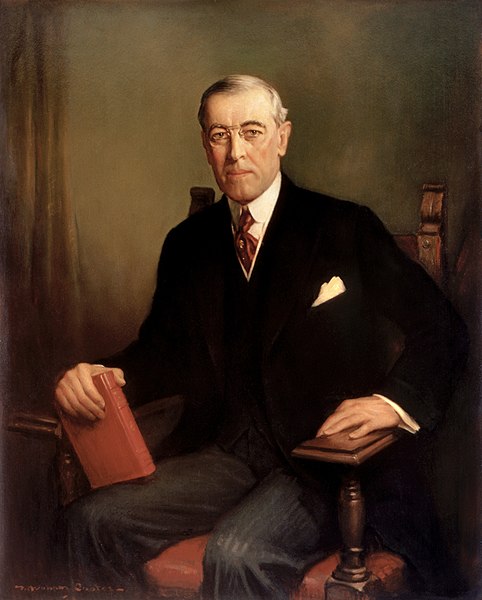Woodrow Wilson, the 28th President of the United States, left an indelible mark on American history and the world at large. A highly complex and enigmatic figure, Wilson’s tenure was characterized by visionary leadership, significant domestic reforms, and profound foreign policy decisions. In this article, we delve into the life, accomplishments, and controversies surrounding Woodrow Wilson, shedding light on the man behind the presidency.
Thomas Woodrow Wilson was born on December 28, 1856, in Staunton, Virginia. He displayed exceptional academic abilities from a young age and went on to study at Princeton University. Wilson’s intellect and passion for learning led him to a distinguished career in academia, where he became a renowned political scientist and historian. As president of Princeton University from 1902 to 1910, he implemented several reforms and transformed the institution into a leading educational center.
Woodrow Wilson assumed the presidency in 1913, amidst a period of progressive reform in the United States. His presidency was marked by a series of transformative policies and initiatives, collectively known as the “New Freedom.” Wilson advocated for greater government regulation of big businesses, the establishment of the Federal Reserve System, and the passage of progressive legislation such as the Federal Trade Commission Act and the Clayton Antitrust Act. His domestic agenda aimed to protect workers’ rights, promote fair competition, and reduce the influence of monopolies.
Perhaps the most significant challenge of Wilson’s presidency was navigating the United States through World War I. Initially adopting a policy of neutrality, Wilson faced mounting pressure as the war escalated. In 1917, he led the United States into the war, emphasizing the need to “make the world safe for democracy.” Wilson’s Fourteen Points speech laid the groundwork for the post-war peace negotiations and advocated for the establishment of the League of Nations, a precursor to the United Nations. However, his efforts to secure Senate ratification for American membership in the League were ultimately unsuccessful.
Despite his many accomplishments, Woodrow Wilson’s presidency was not without controversy. One of the most contentious issues was his handling of race relations in the United States. Wilson’s administration implemented policies that reinforced racial segregation and discrimination, including the segregation of federal workplaces. These actions have tarnished his legacy and sparked ongoing debates about the complexities of historical figures.
Woodrow Wilson’s presidency was marked by a combination of visionary leadership, significant domestic reforms, and profound foreign policy decisions. His intellectual prowess and commitment to progressivism reshaped American politics and institutions. However, his legacy remains controversial due to his administration’s stance on race relations. By examining the life and accomplishments of Woodrow Wilson, we gain insight into the complexities of leadership and the challenges of reconciling a leader’s achievements with their flaws



















Add Comment